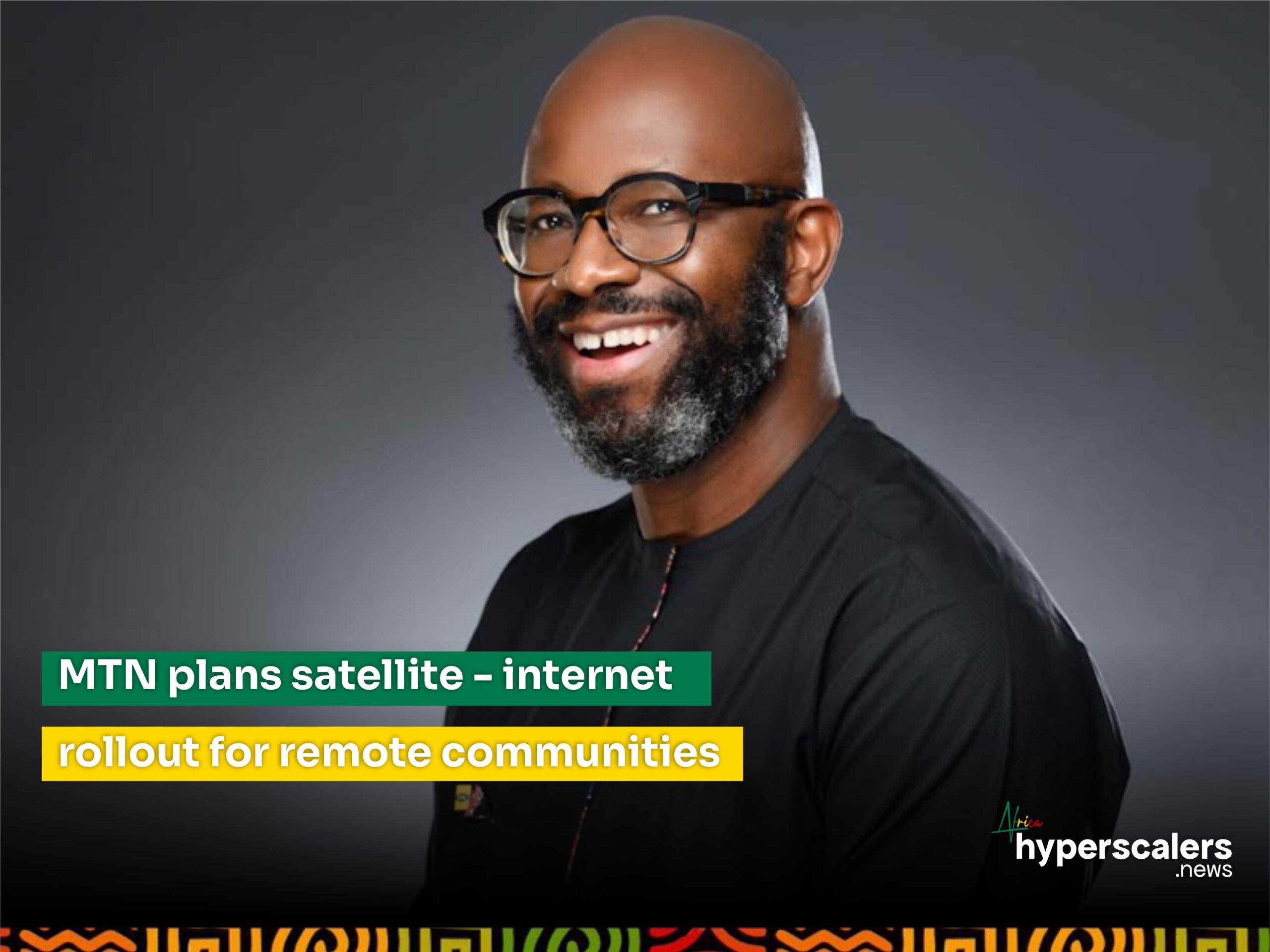MTN, Africa’s largest mobile operator, is exploring potential partnerships with low-Earth-orbit (LEO) satellite providers to extend internet access to rural and remote areas. Ralph Mupita, the Group CEO, shared this development in a media call reported by Reuters on Monday.
LEO satellites are capable of providing high-speed internet in regions where traditional infrastructure like fiber and mobile broadband is challenging or too costly to deploy.
“To keep customers and businesses connected at all times, we’re going to have to embrace satellite as an additional technology form,” Mupita said.
MTN, based in South Africa, is currently conducting proof of concept trials with several LEO satellite operators to explore possible partnerships. Mupita revealed, “We are exploring several, and actually some of them we’re happy to be resellers through our enterprise business to some of our customers in specific countries.”
MTN is not the only operator seeking such partnerships. Rival operator Cell C is also pursuing similar agreements.
In related news, Vodacom, South Africa’s largest operator and majority-owned by Britain’s Vodafone, announced a partnership with Amazon’s Project Kuiper for LEO satellite services last year.
“We’re very aware of the challenges of having to compete as a fixed and wireless operator with LEO satellites over time, so we’re arranging ourselves to be able to sure-proof our businesses in our key markets,” Mupita stated.
Although Starlink operates in several African countries, it has faced regulatory hurdles in others, including South Africa, where state telecom companies have also expressed resistance. The Independent Communications Authority of South Africa is currently working on a regulatory and licensing framework to clarify the operational rules for satellite internet providers.
Mupita emphasized, “LEO operators should be treated the same as terrestrial operators, such as ourselves, subjected to the same regulatory requirements, whether it’s around data privacy, data transport, localization, or access to the spectrum. Our ask is that there must be a level playing ground.”





